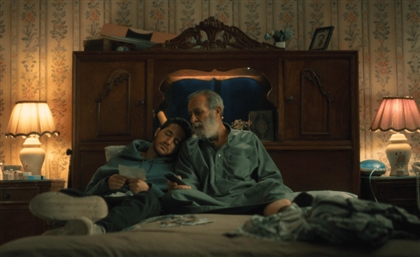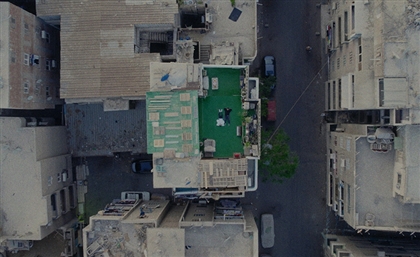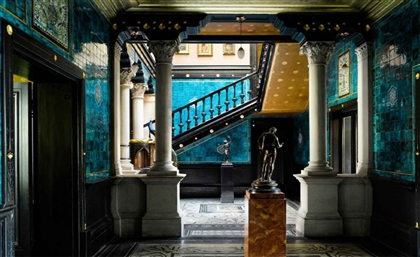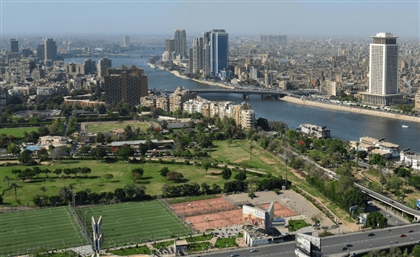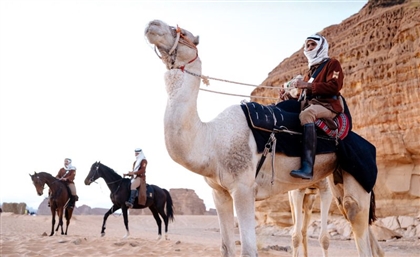Egypt's 23rd of July Revolution in Films
How cinema carried the spirit and scars of a revolution.
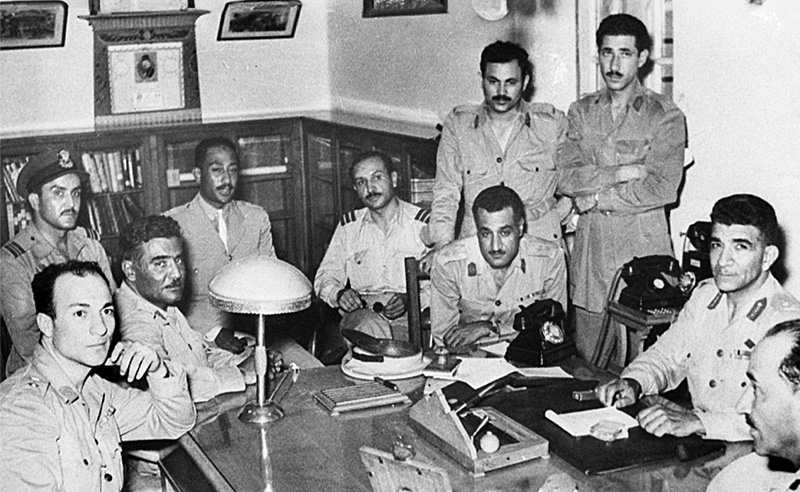
From the Soviet Union to Nazi Germany to postwar Italy, cinema has long served as a political instrument. It became a powerful medium to shape narratives, influence public opinion, and reinforce ideology.
In Egypt, the same held true. By 1952, Egyptian cinema was carving its own path, vibrant, growing, and culturally central. But on July 23rd, everything shifted. The Free Officers overthrew King Farouk, ending the monarchy and ushering in a new republic. With that, cinema found itself at the heart of a national transformation.
Led by Gamal Abdel Nasser, the post-revolution regime quickly recognised film not just as entertainment, but as a vehicle for influence—capable of reaching people across class, language, and borders. Cinema became a tool of cultural projection and political messaging, echoing the ideals of the revolution and the image the state wanted to build.
The golden age of Egyptian cinema is widely associated with the 1950s and 1960s, an era shaped not only by talent and volume, but by a political climate that saw film as national voice. Realism flourished. Patriotic narratives took centre stage.
At first, the revolution sparked a surge in political films. Hussein Sedki’s Yasqot Al Estea’mar premiered just months after the uprising, channeling Egypt’s anti-colonial fervor. Films like Allah Maana and Rod Qalby offered dramatic expressions of the revolution’s promise, weaving personal stories with political stakes.
Decades later, we look back at these films as political artefacts turned cultural touchstones. Their ideological weight may have softened, but their impact endures. They remind us that cinema is a mirror of revolution, victory, loss, reflecting who we were, and who we once hoped to be.
Yasqot Al Esteamaar (1952)
Dir. Hussein Sedki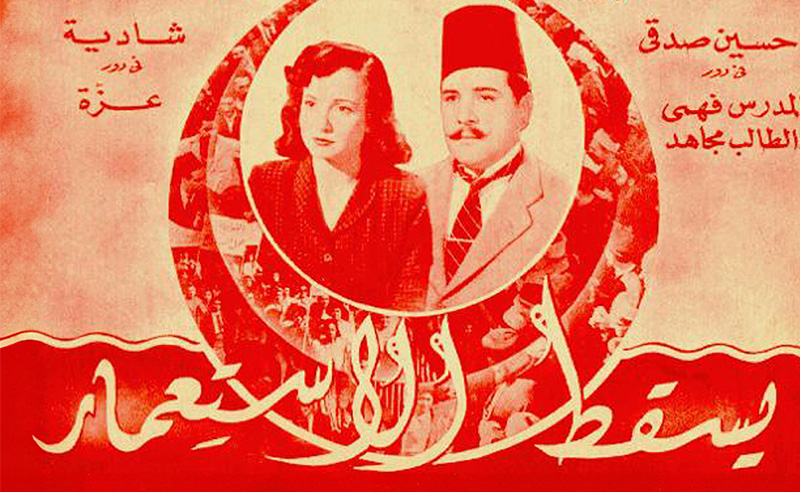
A swift cinematic response to the revolution, decrying colonialism and corruption.
Allah Maana (1955)
Dir. Ahmed Badrakhan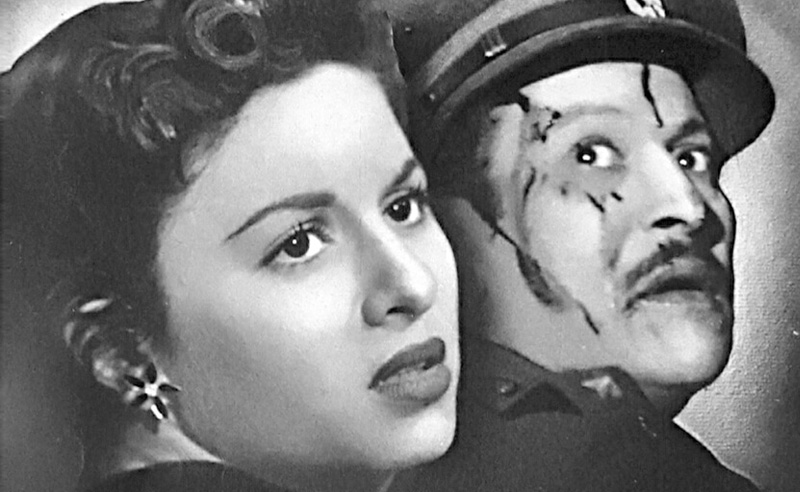
Follows the Free Officers as they plot the coup, blending fiction with political fervor.
Rod Qalby (1957)
Dir. Ezz El-Dine Zulficar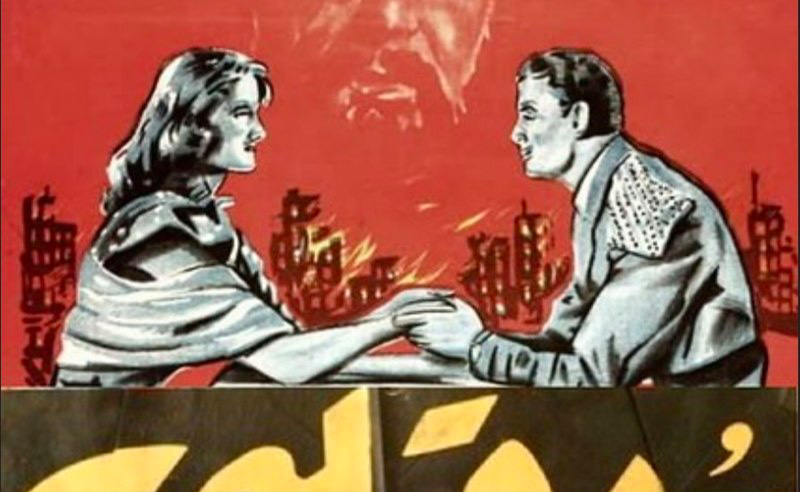
A romantic drama rooted in class struggle, inspired by the true story of a Free Officer.
Al Qahira 30 (1966)
Dir. Salah Abou Seif
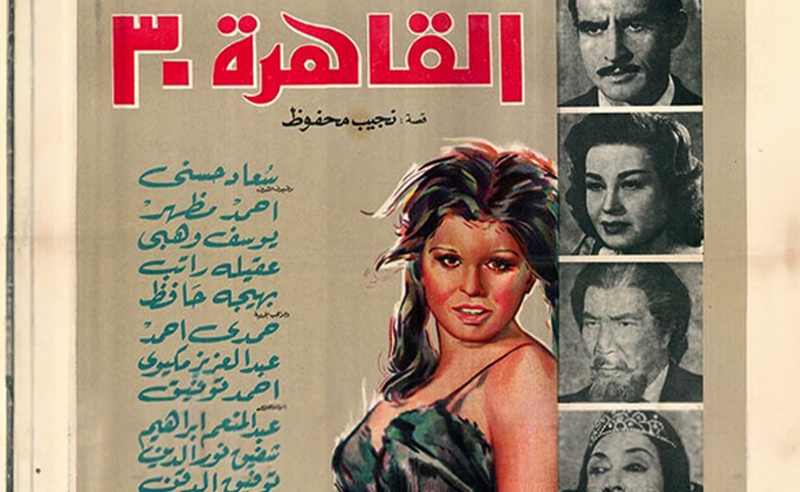
A scathing look at pre-revolution Cairo, unmasking political hypocrisy and moral decay.
Ana Horra (1959)
Dir. Salah Abou Seif
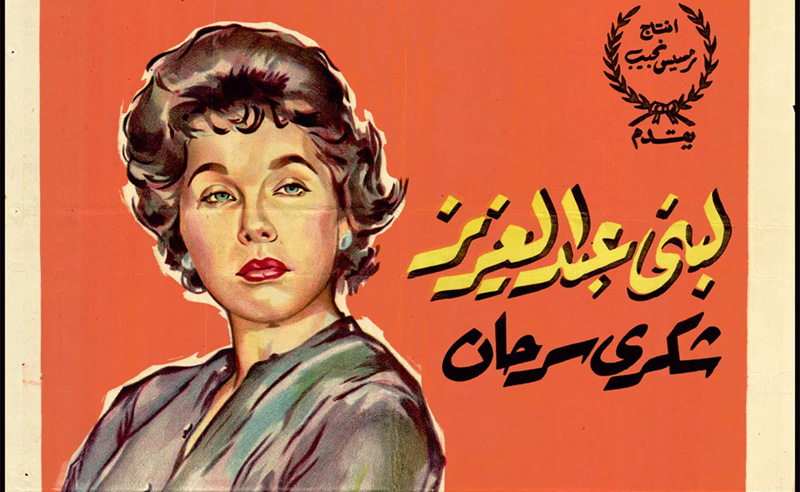
Centres a young woman’s awakening in a patriarchal society, echoing wider calls for liberation.
El Bab El Hadid (1958)
Dir. Youssef Chahine
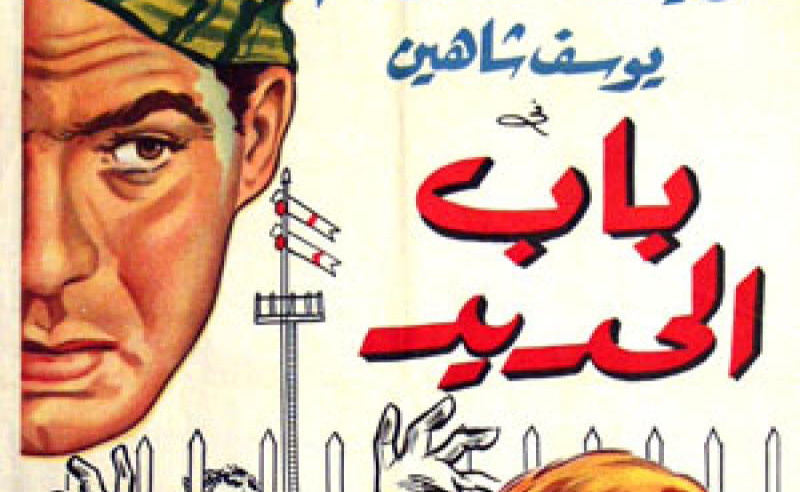
Set in Cairo’s train station, this psychological drama captured the unrest simmering beneath modern Egypt.
Nasser 56 (1996)
Dir. Mohamed Fadel
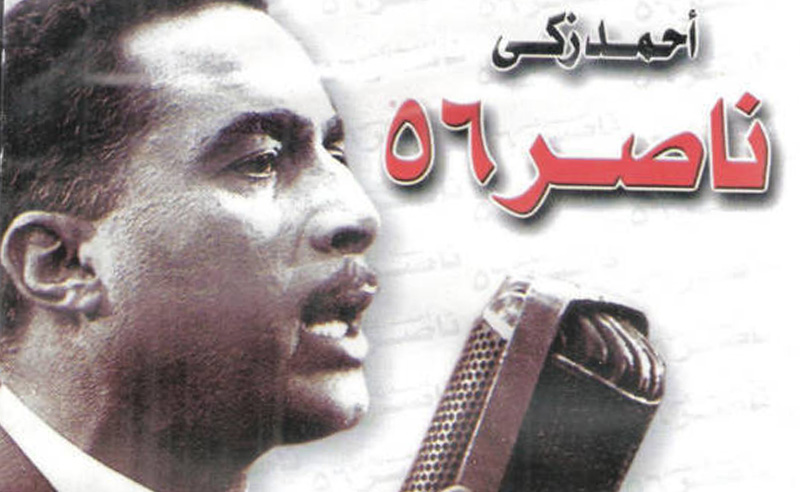
A biopic dramatizing Nasser’s nationalisation of the Suez Canal, casting him as a symbol of defiance.
- Previous Article Qlub Raises $30 Million to Expand Contactless Restaurant Payments
- Next Article Inside Egypt’s Seven UNESCO World Heritage Sites
Trending This Week
-
Jan 31, 2026
-
Jan 25, 2026








